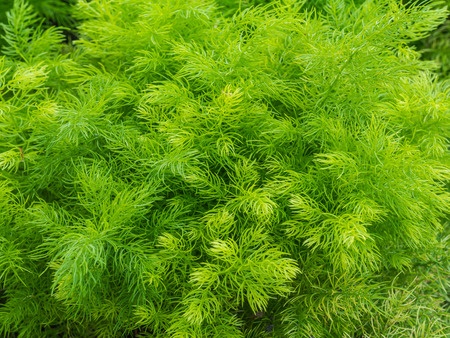Description
OrderFood supplement
Shatavari is a traditional Ayurvedic herb native to the Indian subcontinent and the Himalayas. The plant’s thin, light-coloured roots are gathered for use. Women especially appreciate the effects of BIO shatavari, as the word means “she with 100 husbands”. It is particularly beneficial to the female reproductive organs. It supports fertility and nursing and suppresses adverse symptoms of menopause. It also helps maintain a stable (pre)menstrual cycle, relieves stress, and improves emotional wellbeing and sleep quality. The herb is ideal during menopause. It has been shown to have a positive effect on cardiovascular health and normalization of digestion.
Contents: 100% Asparagus racemosus BIO
Recommended dose and instructions: Mix 1 teaspoon in a small amount of milk or water 2x per day. Prep TIP: To prevent clumps, mix 1 part powder and 2 parts water and stir into a smooth paste before diluting in liquid.
Warning: This product is not a substitute for a balanced diet. Do not exceed the daily recommended dose. Keep out of reach of children. Store in a dry place away from direct light.
Volume: 100 g

CZ-BIO-002
“agriculture outside the EU”


